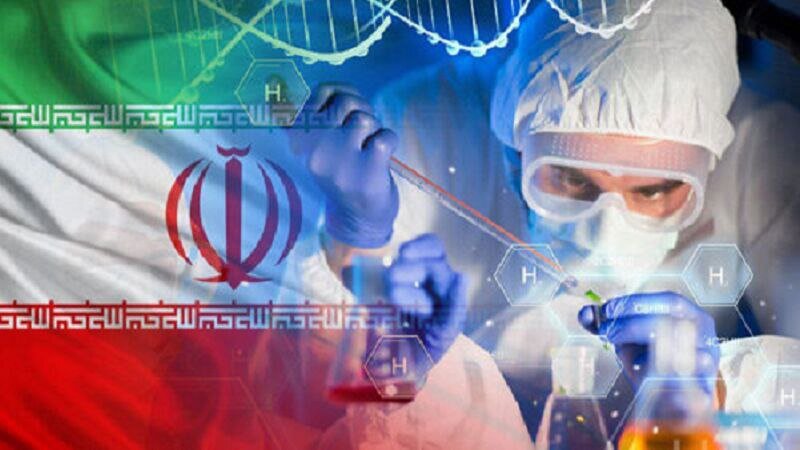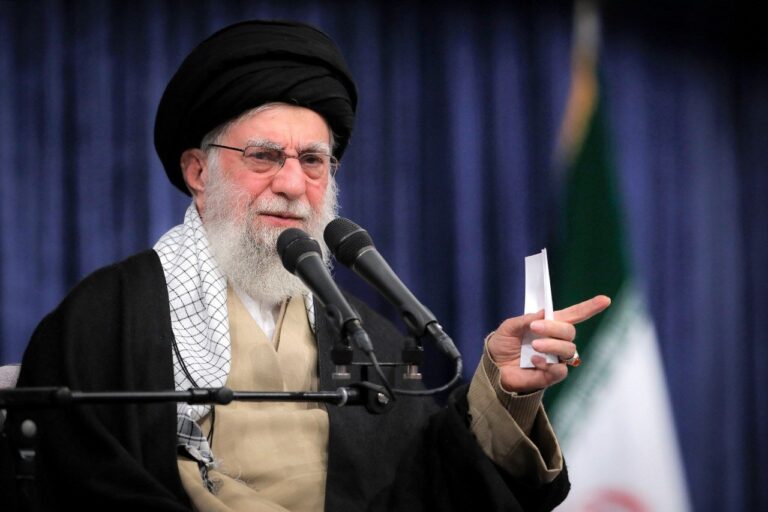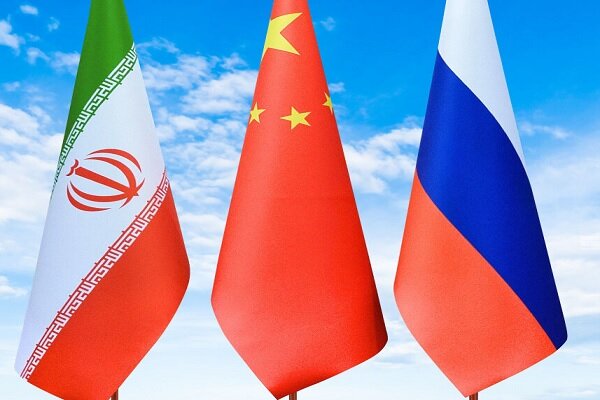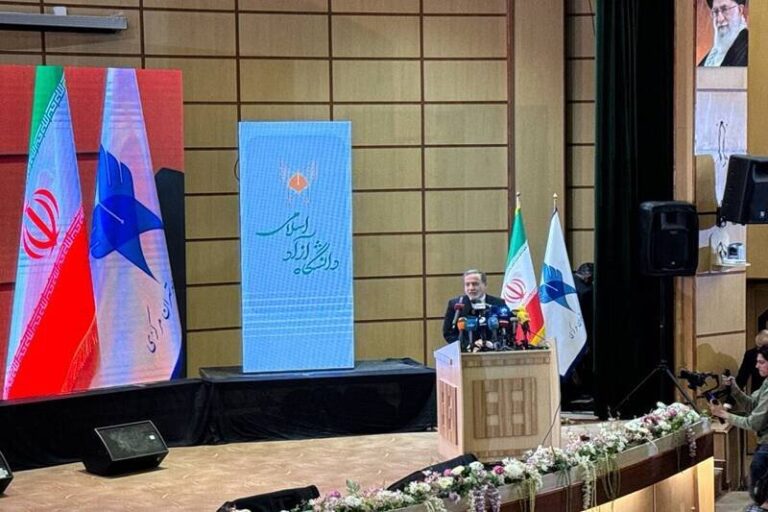Iran Celebrated as a Trailblazer in Assistive Technology at GATE Summit
At the recent Global Cooperation on Assistive Technology (GATE) summit 2025, Iran showcased a groundbreaking model of assistive technology that has garnered recognition as a successful template for developing nations. This summit, hosted by the World Health Organization (WHO) in collaboration with the United Nations Children’s Fund (UNICEF), serves as a vital platform to amplify global, regional, and national actions aimed at enhancing equitable access to assistive technology.
During the summit, Mostafa Qanei, the secretary of the biotechnology development office within the Vice Presidency for Science and Technology, provided an in-depth overview of Iran’s initiatives in the assistive technology sector. He detailed the vice presidency’s strategic efforts in policy-making and the production of assistive technologies, aligning with the WHO-GATE 5P framework, which encompasses:
- People
- Policy
- Products
- Provision
- Personnel
Qanei emphasized the importance of partnerships, particularly the collaboration between Iran’s vice presidency for science and UNICEF. He noted that emerging technologies, especially digital advancements, play a crucial role in enhancing the accessibility of assistive technologies for those in need.
Fernando Botelho, a specialist in assistive technology programs, commended Iran’s efforts and characterized the model introduced at the summit as an exemplary framework for other developing countries to follow. This collaboration between Iran and UNICEF, which has been ongoing since 2019, has yielded significant results, including the hosting of two innovation challenges focusing on the needs of children and adolescents with active participation from the youth.
One of the primary objectives of the cooperation between Iran and UNICEF is to improve access to assistive technologies for children and adolescents. The partnership aims to:
- Promote participation in international meetings and programs
- Showcase Iran’s achievements in technology development and policy-making
- Support businesses that specialize in assistive technology
Furthermore, both organizations are working together to create an innovation ecosystem that fosters stakeholder involvement and investment, enhances access to assistive technologies, and supports existing companies in the field.
The GATE Summit is pivotal in advancing the sector by fostering collaboration among various stakeholders to develop a consensus-driven global roadmap. This roadmap will prioritize investments and actions to accelerate equitable access to assistive technology.
According to a global report by WHO and UNICEF, approximately 2.5 billion people worldwide require assistive technology, a figure projected to rise to 3.5 billion by 2050. Ensuring equitable access to these technologies is essential for improving health outcomes, safeguarding human rights, and enabling collective progress towards achieving the Sustainable Development Goals (SDGs).
The GATE Summit aims to:
- Increase awareness of the necessity for assistive technology
- Share knowledge and strategies to enhance access
- Present evidence-based information and successful examples of initiatives at national, regional, and global levels
Additionally, the summit seeks to expand the network of stakeholders across various sectors, encouraging active engagement to improve access to assistive technology. The event employs a hybrid approach, ensuring that at least 40 percent of in-person attendees are participating in a GATE Summit for the first time. This strategy aims to strengthen partnerships among Member States, UN bodies, civil society, and other key stakeholders.
By providing a platform for open dialogue and idea exchange, the GATE Summit facilitates the development of a global roadmap designed to expedite access to essential assistive technologies. The collaborative efforts of all involved parties are vital in addressing the pressing need for improved accessibility, ensuring that individuals worldwide can benefit from the advancements in assistive technology.
In conclusion, the GATE Summit 2025 has highlighted the critical role of assistive technology in promoting inclusivity and improving the quality of life for millions. With Iran’s innovative model serving as a beacon for other developing countries, the path toward equitable access to assistive technology is clearer than ever.






